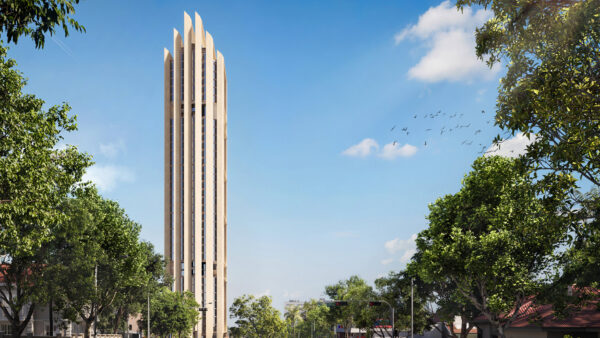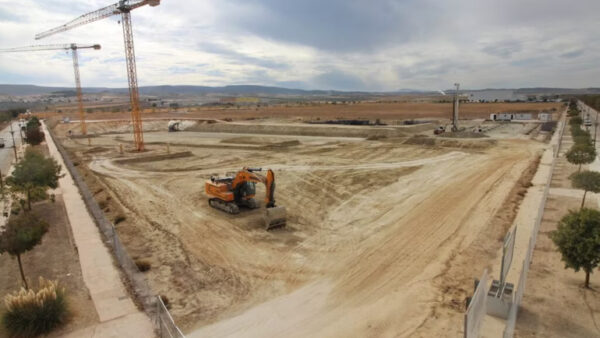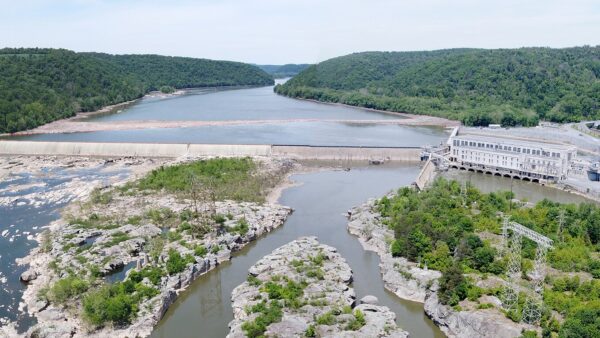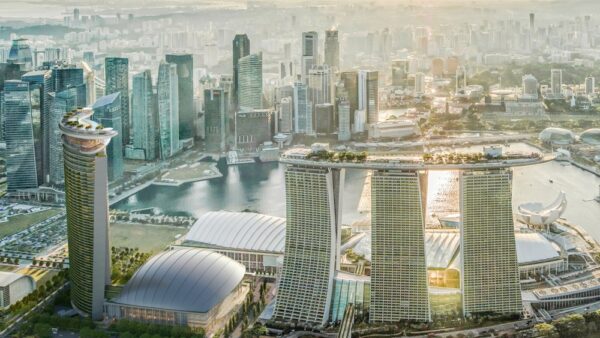A political crisis engulfing Ethiopia has led to the postponement of talks between Egypt, Sudan and Ethiopia on the latter’s Grand Ethiopian Renaissance Dam on the Nile.
Ethiopia’s Prime Minister Hailemariam Desalegn unexpectedly resigned on Thursday (15 February) after several days of protests and strikes erupting in the Oromia and Amhara regions.
On Friday a council of ministers imposed a three-month state of emergency amid rumours of splits in the ruling coalition, the Ethiopian People’s Revolutionary Democratic Front (EPRDF), reports Addis Standard.
Trilateral talks between ministers and intelligence officials were due to take place on 24-25 February in Khartoum, Sudan, but Sudanese officials on Saturday said they would be postponed, on a request from Ethiopia.
The issue of the Grand Ethiopian Renaissance Dam (GERD) has bedevilled relations among the three countries for several years.
Egypt relies on the Nile for most of its water and fears the $4bn, 6-GW hydroelectric scheme will restrict its flow, while Ethiopia insists it will have no negative impact.
Italian contractor Salini Impregilo is building the dam, which is reported to be around 60% complete.
Talks on the scope of impact studies between the three countries broke down in November last year, but diplomatic momentum has picked up in recent months as all parties seek a resolution.
The crisis in Ethiopia now puts hopes for a resolution in doubt.
Yesterday Egypt’s Ministry of Foreign Affairs said Egypt understands the reasons for the postponement, but hopes there will be compliance with agreed timeframes for resolving technical issues.
Egypt is “aware of the conditions that promoted Ethiopia to request that the meeting be postponed, which we hope will pass soon”, the foreign ministry said in a statement, reports AhramOnline.
It urged “strict implementation” of the leaders’ directives as well as “urgent action to find solutions that safeguard the interests” of the three countries.
In a televised address on Thursday Hailemariam Desalegn said his resignation was “vital in the bid to carry out reforms that would lead to sustainable peace and democracy”.
Hailemariam has led the country since 2012.
Over the last in three years hundreds of people have died in anti-government protests over corruption and a lack of political and economic reform, reports BBC News.
Most of the unrest has been focussed in Ethiopia’s two largest regions, Oromia and Amhara, and have continued despite the end of a previous, 10-month national state of emergency last year.
Image: Egyptian President Abdel Fattah al-Sisi, left, and Ethiopian Prime Minister Hailemariam Desalegn (GCR/Wikimedia Commons)
Comments
Comments are closed.







What needs to happen is a restructuring of the Ethiopian government to allow for the reinstating of The House of Solomon in a constitutional monarchy (or absolute monarchy, either way). While the USA is fawning over fictional African kingdoms, actual African royalty is largely unknown while Ethiopia struggles through a crisis…. Sad!